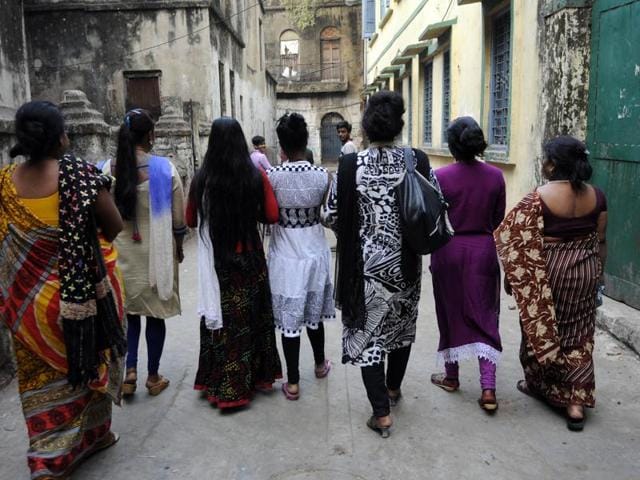From the blog

Prostitution is the practice or business where people participate in sexual activity in exchange for money, and a person engaged in this field is referred to as a prostitute. According to the National AIDS Control Organization (NACO), there are over 8 lakh women sex workers in India, and more than 6000 female sex workers have been subject to physical violence, and other forms of abuse according to the National Crimes Records Bureau Report 2020-21.
Prostitution itself is not ‘illegal’ or ‘legal’ in India. There are certain activities associated with it that are declared illegal under the Immoral Traffic (Prevention) Act, 1956 [ITPA] such as pimping, pandering, running a brothel, etc. In 2011, the case of Budhadev Karmaskar v State of West Bengal led the Supreme Court (SC) to hold that sex workers have a right to dignity under Article 21 of the Constitution, which ensures the right to life and livelihood. Through this judgement, a panel was constituted by the Supreme Court to draft a report concerning the rights of sex workers in India. The Centre in 2016 told the SC that the panel’s recommendations were incorporated into draft legislation. However, no law has been made since then.
Questions of morality, autonomy over one’s body, dignity, decency, unemployment, poverty, and desperation have been raised while questioning the legality of sex work in India. One side contends that since sex work is unavoidable, it should be accorded legal sanctity so that a code of conduct can be established for safe working conditions, equitable compensation, and respect for dignity, for female sex workers among other factors. The opposing view calls it a ‘legalised abuse’ and argues that the government must take a strong stance against this kind of work because it degrades human dignity, belittles mental health, and forces individuals to use their bodies for financial gain. Female sex workers are also more susceptible to diseases like AIDS, STIs, and cervical cancer due to their high-risk sexual behaviors (e.g., sex without a condom, sex with multiple partners) and substance use. People who work in such environments are also more likely to experience physical, emotional, and mental trauma, which impacts not only them, but their forthcoming generations.
The existing laws regarding prostitution pose significant challenges to the rights of sex workers. It grants police officers and magistrates blanket powers to rescue and rehabilitate sex workers, which is often misused by the police in an insensitive and abusive manner. The Indian Penal Code (IPC) is also often used to charge sex workers with vague crimes such as “public indecency” or being a “public nuisance” without explicitly defining what these consist of. Even the Draft Bill on Trafficking in Persons (Prevention, Care, and Rehabilitation) does not include clear guidelines on community-based rehabilitation, funds for rehabilitation homes, and a mechanised rescue protocol.
In 2022, while exercising its powers conferred under Article 142 of the Constitution, a three-judge bench of the Supreme Court issued ten guidelines that recognized sex work as a profession and said that sex workers are entitled to dignity and equal protection under the law. However, these guidelines are temporary and could be overruled by the Centre at any point.
The stigma associated with prostitution and sex work has persisted over time, and those who engage in these activities often suffer the worst effects of this stigma. The current laws against trafficking, such as the ITPA and the draft bill, frequently blend sex work with migration and other fields of employment. Given the number of female sex workers who have been subject to verbal abuse, physical assault, harassment and sexual violence by clients and the law enforcement agency, the introduction of an exclusive legislation determining the legality of sex work in India is urgent. The Central Government is expected to introduce legislation emphasizing the welfare of sex workers and organizing technical and vocational training that will help them develop income-generation skills like weaving, sewing, knitting, painting, etc.
Given the foregoing, it is critical to recognize that, while sex work cannot be outright banned in the near future, fundamental human rights granted to and protected for them, as sought by this ruling, may be a step toward its destigmatization and decrease of state-enabled violence.
Blog written by Soumya Singh, Research Intern at Centre for Public Policy Research.
Views expressed by the author are personal and need not reflect or represent the views of the Centre for Public Policy Research.



